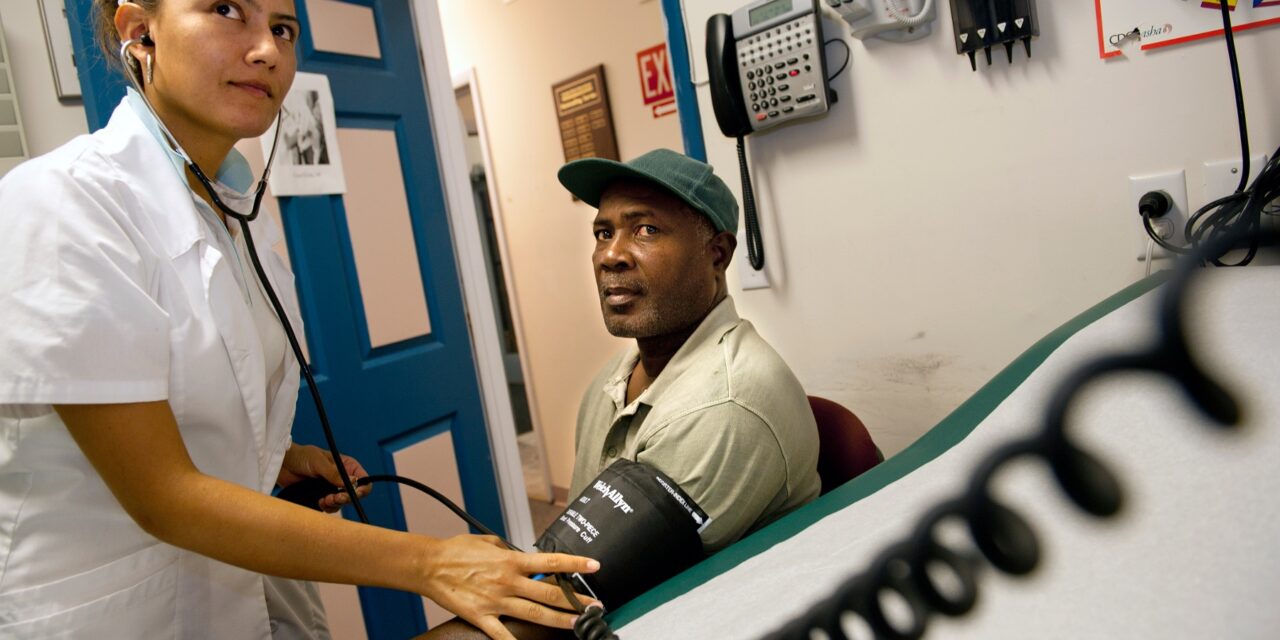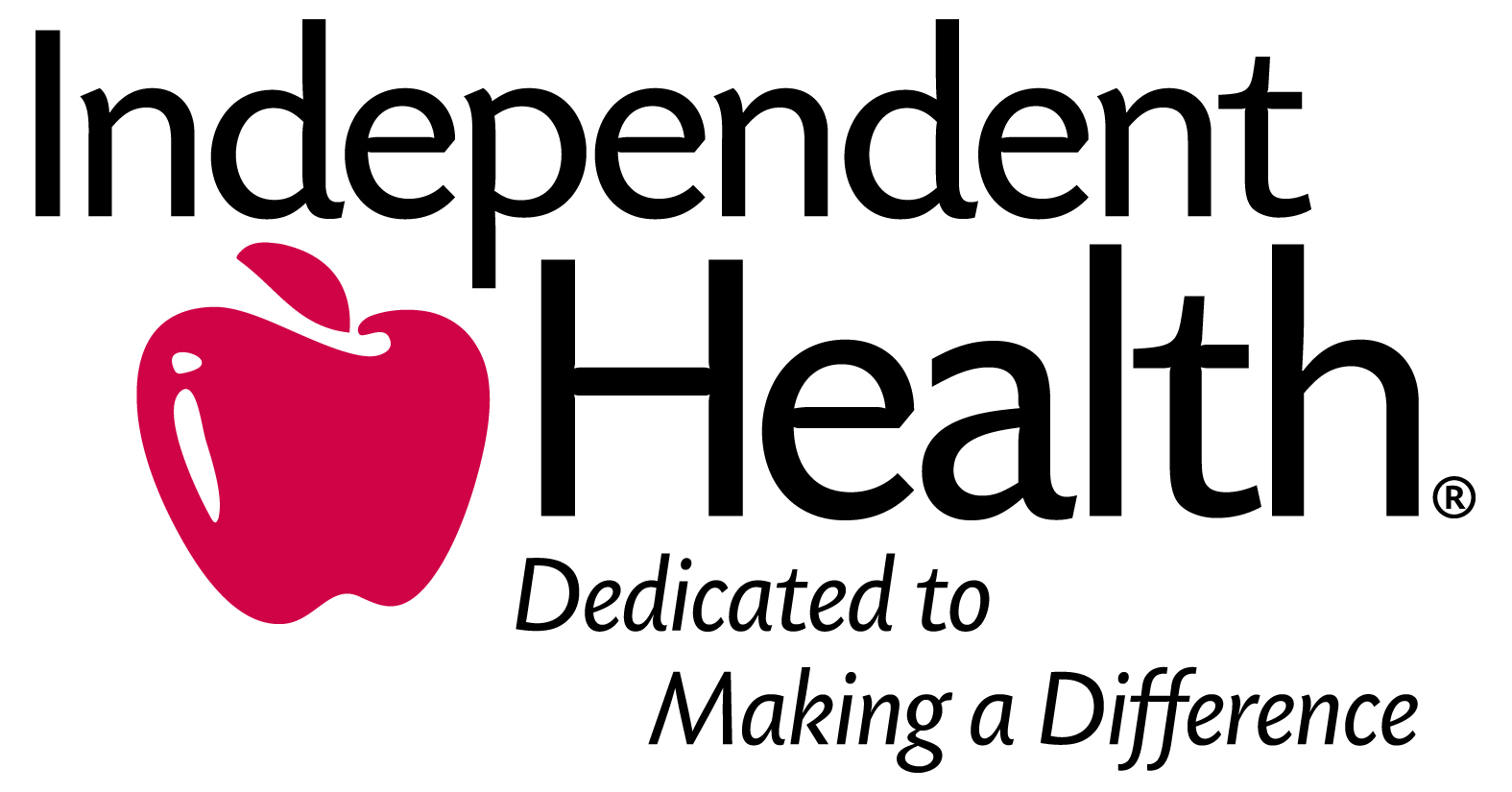The COVID-19 pandemic exposed vulnerabilities throughout our local and national healthcare organizations, shining a light on disparities in access to care and health outcomes. We learned that people of color and those with low incomes are often left without access to high-quality, affordable health insurance, causing them to delay or forgo lifesaving care.
Strides have been made toward improving access to coverage with the implementation of Medicaid and the Affordable Care Act (ACA). To date, more than one in five people in the United States — nearly 75 million Americans — rely on Medicaid for health coverage, making it the country’s largest healthcare program. More than 15 million of the individuals receiving Medicaid became eligible through the expansion of coverage through the ACA.
While everyone needs access to health insurance, those least able to afford it are left with the fewest coverage options. More than 2.2 million adults make too much money to be eligible for traditional Medicaid, but don’t make enough money to receive subsidies that enable them to purchase health insurance through the ACA Marketplace.
The benefits of Medicaid for the individual are well-documented and lead to improved health outlined below.
• Better health outcomes: Among Medicaid participants, there are fewer premature deaths, fewer adults with low-income screening positive for depression, improved diabetes and hypertension control, and an increase in early-stage cancer diagnoses.
• Improved access to care for children: Extending coverage to adults increases enrollment among eligible children, and increases the care they receive, including well-child visits, access to dental care, immunizations, and vision care.
• Preventive Care: More adults with low income are getting check-ups, preventive care, and increased access to early and adequate prenatal care.
• Increased economic health and mobility: Participants have better access to credit, including low-interest mortgages and auto loans, and an increased ability to seek employment.
The benefits of Medicaid for states’ economic health are also well-documented.
• Reduced uncompensated care costs: Those who can’t afford coverage are more likely to seek care in high-cost settings such as emergency rooms. When uninsured patients are unable to pay, these unpaid medical bills drive up uncompensated care costs, which are absorbed by hospitals and the federal and state governments. Medicaid provides improvements in hospital budgets, especially for rural hospitals, and fewer evictions among renters with low income.
Perhaps most importantly, Medicaid provides peace of mind to people who would otherwise be uninsured. As a nation still in the trenches of the pandemic, it is crucial for us to ensure that everyone living in the U.S. has access to quality, affordable health coverage.
To learn more about Medicaid, visit https://thatsmedicaid.org. For assistance and information in applying for Medicaid, visit https://nystateofhealth.ny.gov or call 1-855-355-5777.












